In Azerbaijan, 25 IDp families await state aid
IDps problems in Azerbaijan
“The roof collapsed, and the animals were trapped underneath. They all died. In the first few days, no one came to remove the carcasses from the rubble. We reached out to the local government and municipality, and only then did they come and take away the animal bodies. Now, we’re left to fend for ourselves, unsure of what to do. When we had the cows, we at least sold milk to make a living.”
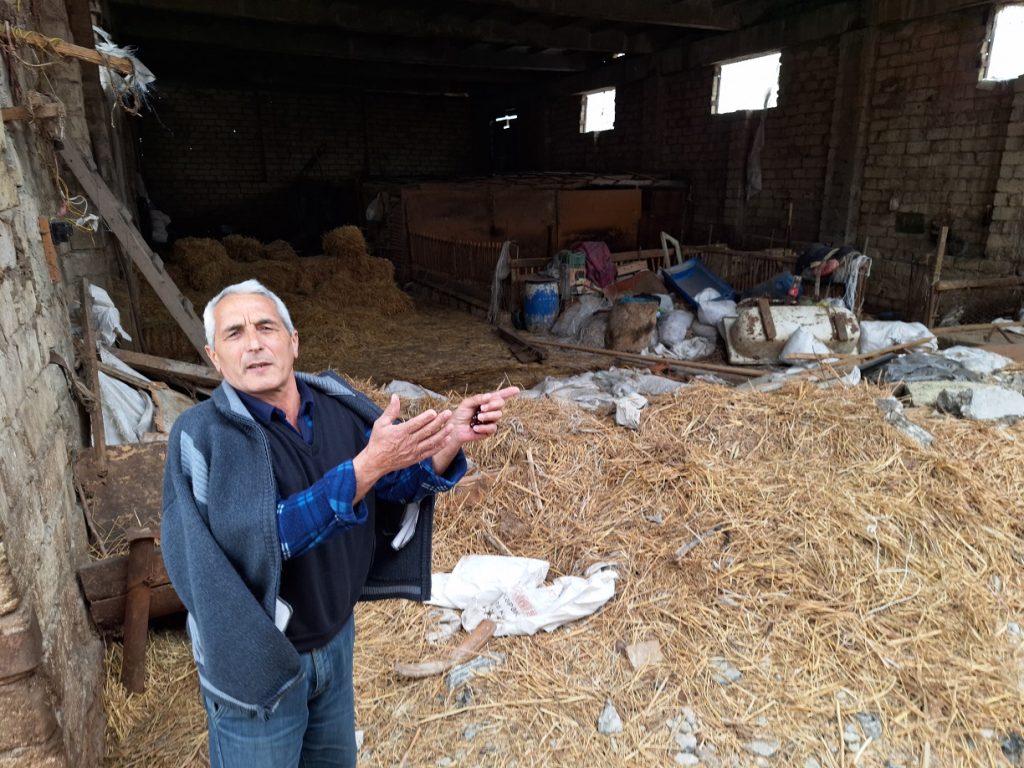
6-year-old Yadigar Abbasov is an internally displaced person from Lachin. On March 2nd, in the settlement of Jeyranbatan in the Absheron region, the roof of a building housing livestock collapsed, killing 11 cows and four calves. Before this tragic incident, the Abbasov family made their living through animal husbandry.
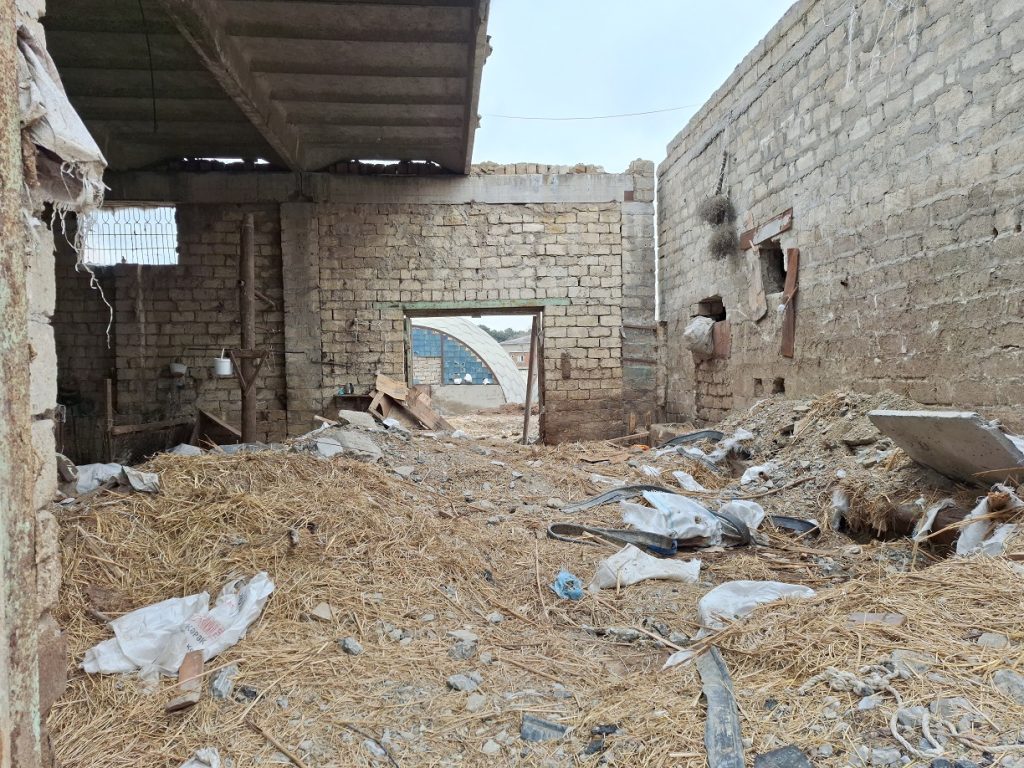
The 25 displaced families mostly rely on animal husbandry for their livelihood. After their homeland was occupied during the first Karabakh war in the early 1990s, the Abbasovs and 24 other displaced families have been living in unfinished homes. They’re located in the Jeyranbatan settlement, near a railway line, on land where an “Azerenergy” electricity supplier’s technical supply base once stood.
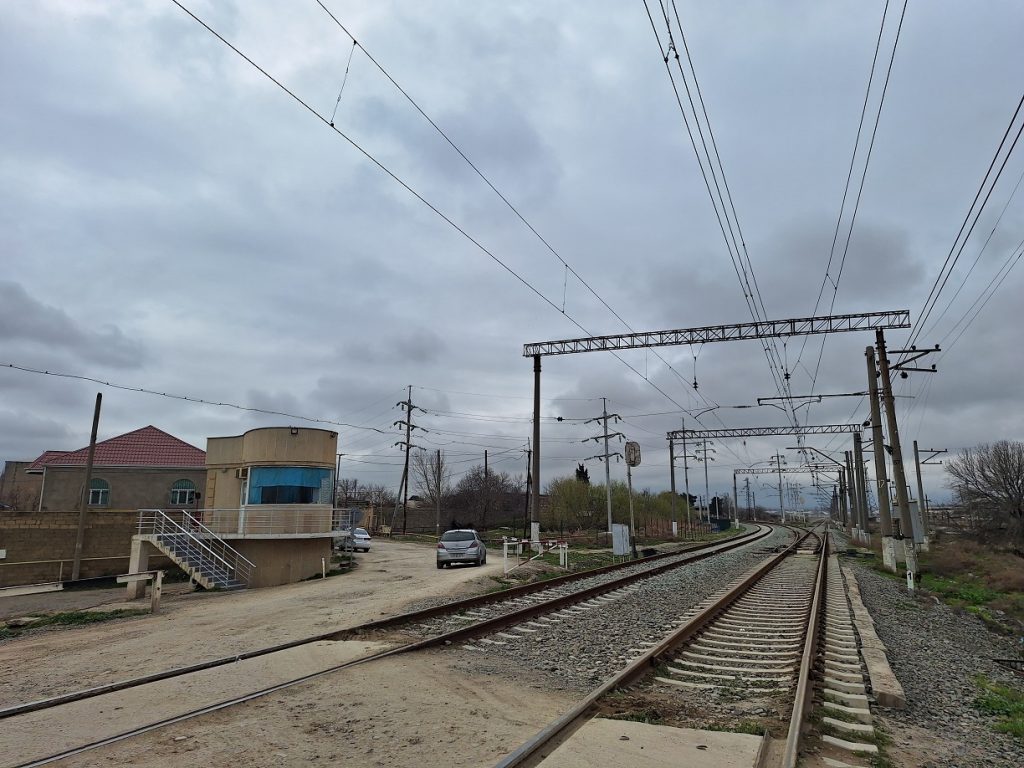
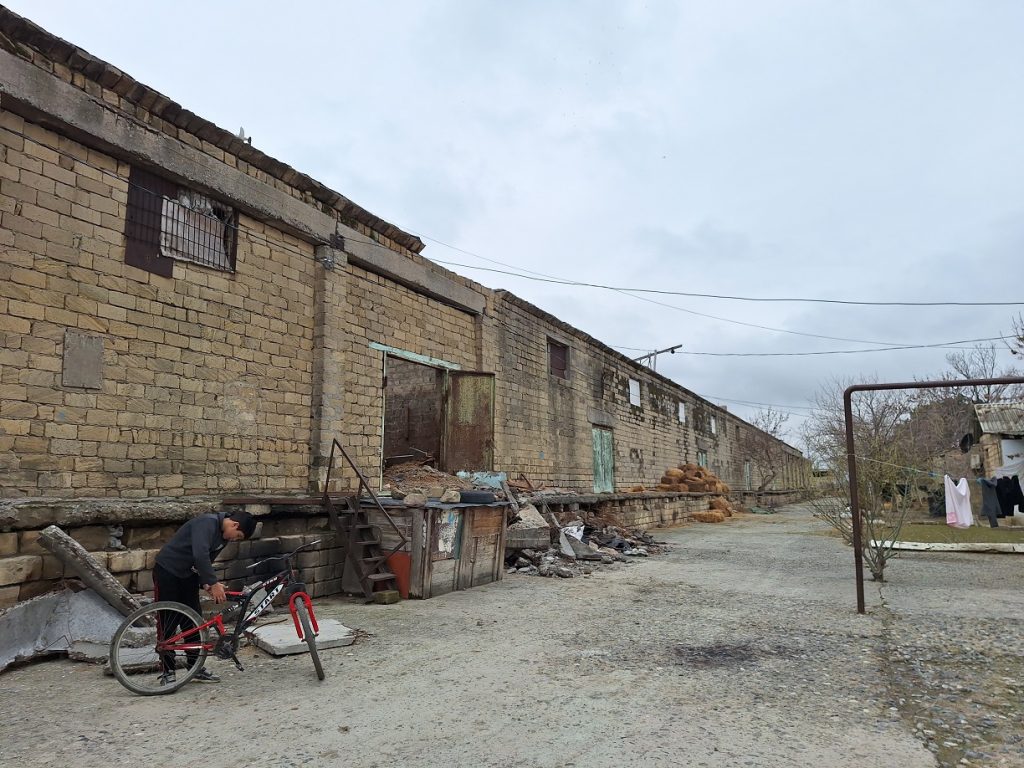
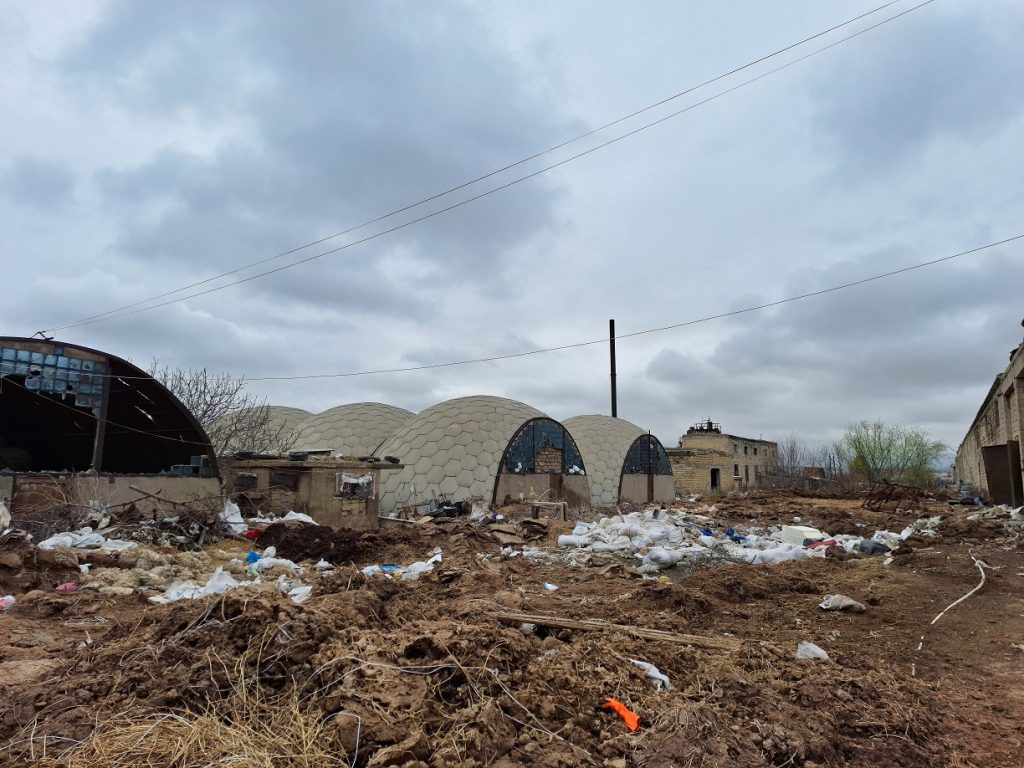
Currently, not even public transport reaches here. Residents say that the only bus route to the city of Sumgait stopped operating 10 years ago. Since then, people can only travel to and from the settlement by taxi or private cars.

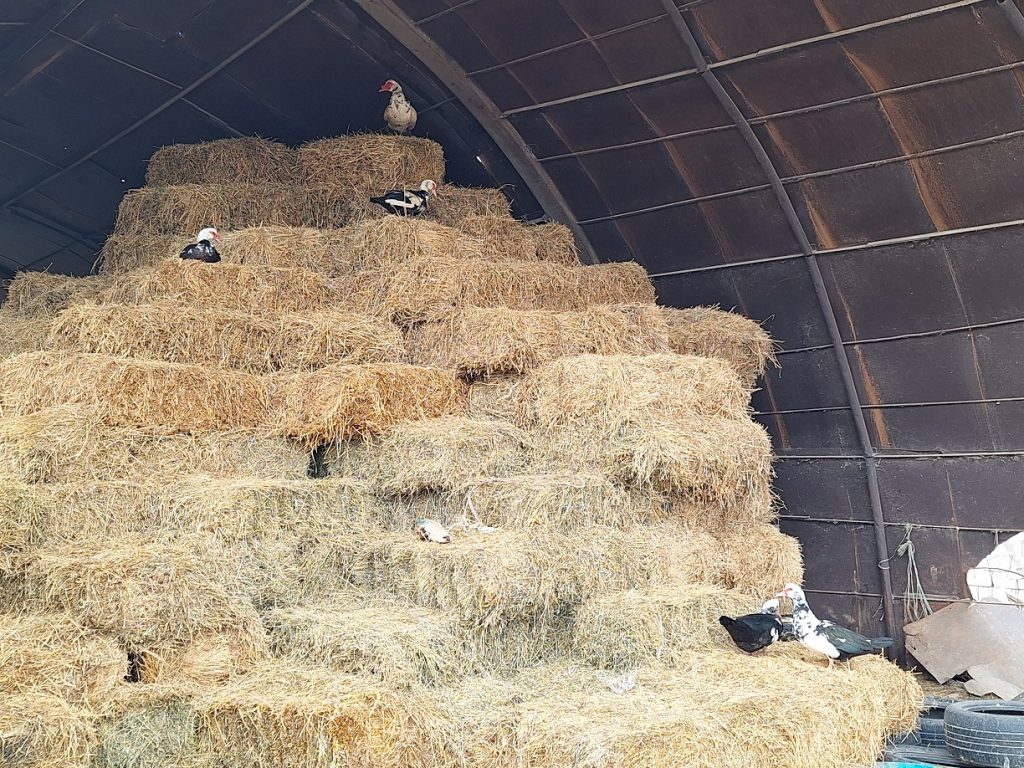
The families here, like the Abbasovs, mainly rely on livestock farming for their livelihood. Entering the residential area through old iron gates, you immediately come across hay stacks and piles of rubbish.
Residents have converted empty half-built structures into barns for livestock and chickens. Over 30 years, these buildings have become outdated and are now in disrepair. After the Abbasovs’ barn collapsed, other residents grew worried. They fear their animals could also die.
“It’s hard when you try to rebuild your life, and everything collapses again”
Yadigar Abbasov, who lives here with his wife, two sons, daughters-in-law, and grandchildren, says these three families are in a dire situation as they have no other source of income. Now, his only hope is that at least half of the lost animals will be compensated by the state and his barn will be repaired. However, he says, despite his written appeals to local authorities since the day of the accident, he has received neither a positive nor a negative response.
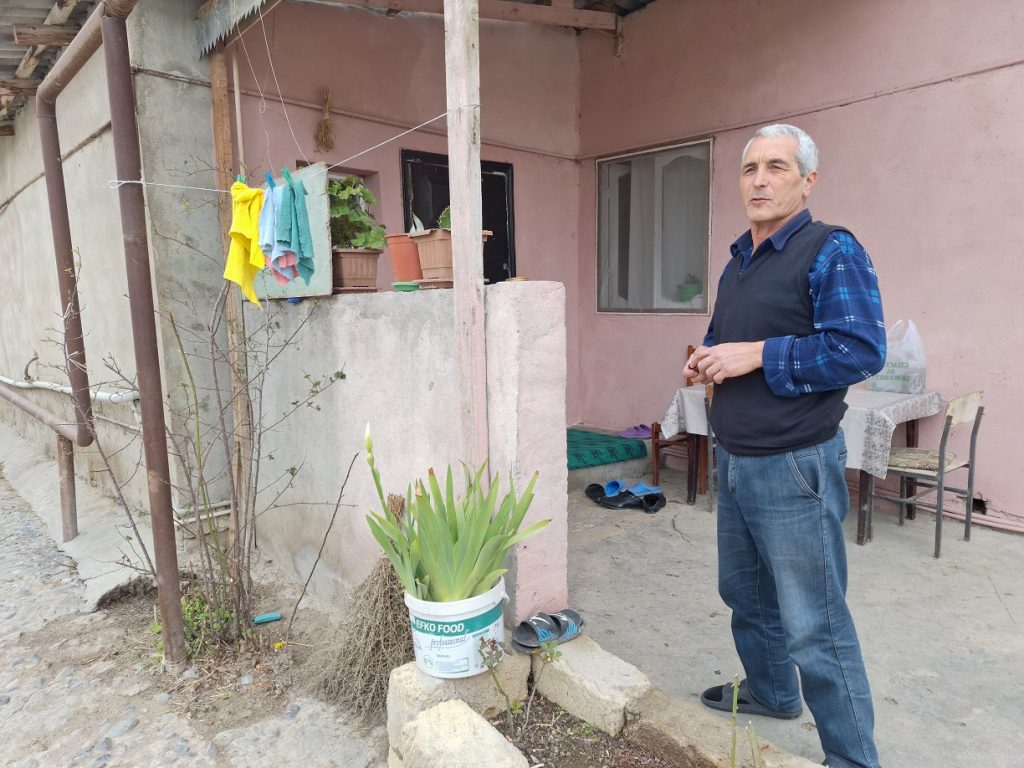
Yadigar Abbasov recounts that when he lived in Lachin, he also engaged in livestock farming. Back then, his family owned a large flock of sheep. He says that for livestock farmers, a flock is an entire fortune. But when they left Lachin, they had to leave everything behind.
“We left Lachin on the day of the occupation. Not just our family, but most people were disoriented, and we couldn’t take anything from our homes.
Coming here, I initially made a living as a laborer for a few years, and later, when I had the chance, I returned to livestock farming, like in Lachin. It’s all very hard. To lose everything – your home, money, everything you’ve earned, and then try to build a new life, only to have it all destroyed again,” says Yadigar Abbasov with tears in his eyes.
“Just wait, it will be resolved”
Residents here complain about the state structures’ indifference towards them. They say they’ve been living in inhumane conditions for 30 years, and it doesn’t concern the officials.
“Do you see how we live?! The state (referring to a representative of the local executive authority) has only come here once, and that was to remove the carcasses of dead animals. But nobody even looked at the people living here.
Can’t they see we live here, among trash? Can’t they help us clean up at least once a month?
I’m not even talking about electricity. A little wind or rain — and that’s it! Power goes out, we’re left in the dark. We complained fifty times. And what? They say, endure, it will be resolved. For 30 years, with ‘it will be resolved’ on their lips, they’ve made us live like this,” laments resident Famil Allahverdiyev.
“A flock of sheep is the only hope for my entire family”
Elchin Eyvazov has been farming livestock since he was a teenager. He learned to shear sheep and care for them from his father, who learned from his father. Thus, livestock farming has become a family tradition for the Eyvazovs, passed down through generations.
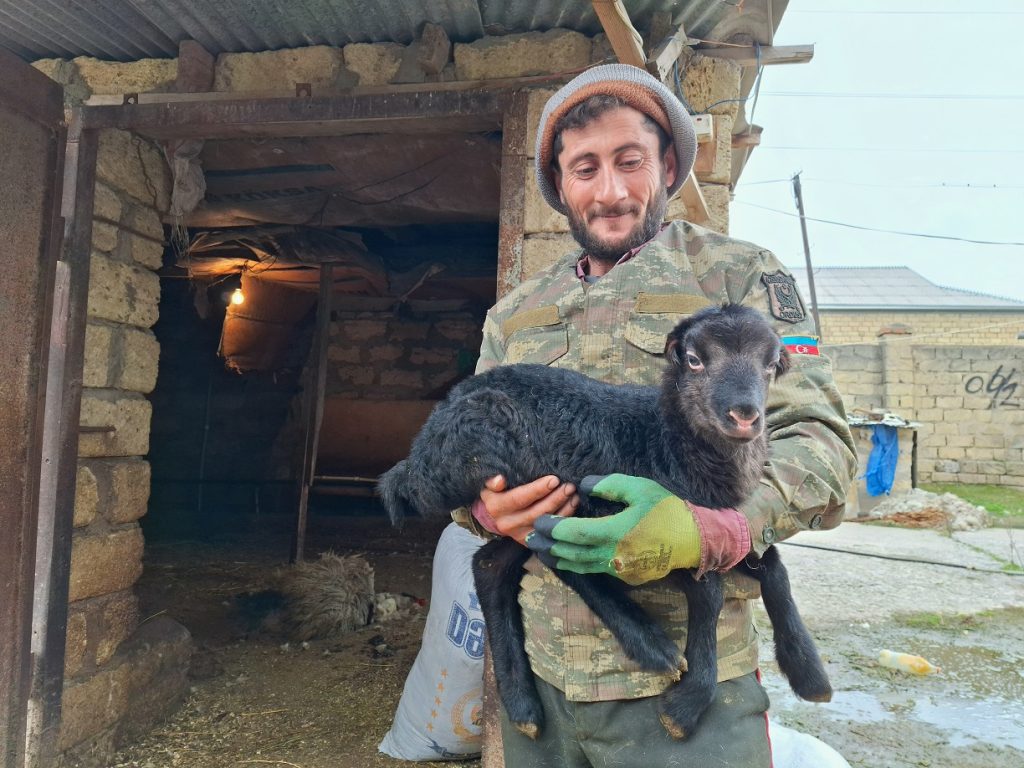
Elchin says that since his father is old and weak, he alone takes care of 40 sheep and lambs in this small, unfinished barn. These animals are the family’s only source of income, so he fears their barn might be the next to collapse.
“A friend of mine, hearing about the barn collapse, says it should have been repaired in time. I asked him — how, with what money? What we earn goes to clothes and food for our family. How can we save to repair the old or build a new barn?
It’s very hard. Now I wake up in fear every morning, wondering if the animals are alright,” says Elchin Eyvazov while shearing a sheep.

He is one of the residents who reached out to the local authorities after the incident, hoping for help to repair the barn before another mishap occurs.
“Our flock of sheep is the only hope for my entire family. We’ve turned to the authorities; let’s see if they respond? We’re certainly hoping so. After all, there’s nothing else we can do but hope.”


















